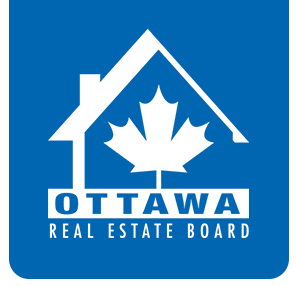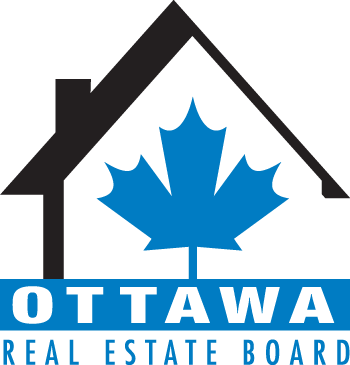Ottawa’s Resale Market Thrives Despite Pandemic
January 6, 2021
Members of the Ottawa Real Estate Board (OREB) sold 1,002 residential properties in December through the Board’s Multiple Listing Service® System, compared with 757 in December 2019, an increase of 32.4 per cent. December’s sales included 710 in the residential property class, up 33.7 per cent from a year ago, and 292 in the condominium property class, an increase of 29.2 per cent from December 2019. The five-year average for total residential unit sales in December is 779.
“At the start of the pandemic, we didn’t know what to expect. We had a momentary stall as did most businesses; however, once real estate was deemed to be an essential service, REALTORS® worked with Buyers and Sellers to ensure safety in the process, and the market picked back up and accelerated past all expectations throughout the remainder of the year.”
The total number of residential and condo units sold throughout 2020 was 18,971, compared with 18,613 in 2019, increasing 2 per cent. Residential property class unit sales went up by 3 per cent, with 14,455 properties exchanging hands last year compared to 14,030 in 2019. Condominium property class sales decreased slightly by 1.5 per cent, with 4,516 units sold in 2020 versus 4,583 in the previous year.
December’s average sale price for a condominium-class property was $355,982, an increase of 14.4 per cent from a year ago, while the average sale price of a residential-class property was $603,880, an increase of 20.6 per cent from December 2019. Year-end figures show an average sale price of $582,267 for residential-class properties and $361,337 for condominium units in 2020. These values represent a 20 per cent and 19 percent increase over 2019, respectively.*
“When analyzing the year-end figures, what clearly stood out was that although the number of units sold was only slightly higher than last year, the Total Sales Volume topped a record-breaking $10 billion compared to $8.2 billion at the end of 2019. This is, in effect, a stark illustration of the increase in Ottawa property values over the course of the year. For example, in 2019, 35% of properties purchased were sold at or below $400K, while in 2020, only 16% of homes were. The market is certainly exhibiting a major shift in terms of availability in lower price ranges,” Wright points out.
“At the end of 2020, average prices increased by 19-20% over this time last year. In 2019, we saw a 9% overall increase for both residential and condo properties compared to 3-5% in 2018 and 3-7% in 2017. These substantive increases in property prices from year to year can be attributed to a variety of factors: the inventory shortage triggering economic supply and demand realities, the multiple-offer phenomena, the record-low mortgage rates increasing purchasing power of Buyers, migration of Buyers from larger markets with high returns to spend, and so forth.”
“I believe that Ottawa is just coming into its own as a national capital city. As such, it is resilient and sheltered in a way that other markets are not – with consistent government and tech sector employment that is particularly conducive to working from home as our current circumstances have required. We may have been privileged with lower price thresholds in previous decades, but perhaps the market is now beginning to reflect the real estate property values of a national capital.”
“Going forward, I fully expect Ottawa’s resale market will continue to be robust in 2021. There are no indicators to suggest that this is an overheated market – it is simply very active, insulated, and strong. One that has only been mildly shaken by a world-wide pandemic,” Wright concludes.
* The Board cautions that the average sale price can be useful in establishing trends over time but should not be used as an indicator that specific properties have increased or decreased in value. The calculation of the average sale price is based on the total dollar volume of all properties sold. Price and conditions will vary from neighbourhood to neighbourhood.


